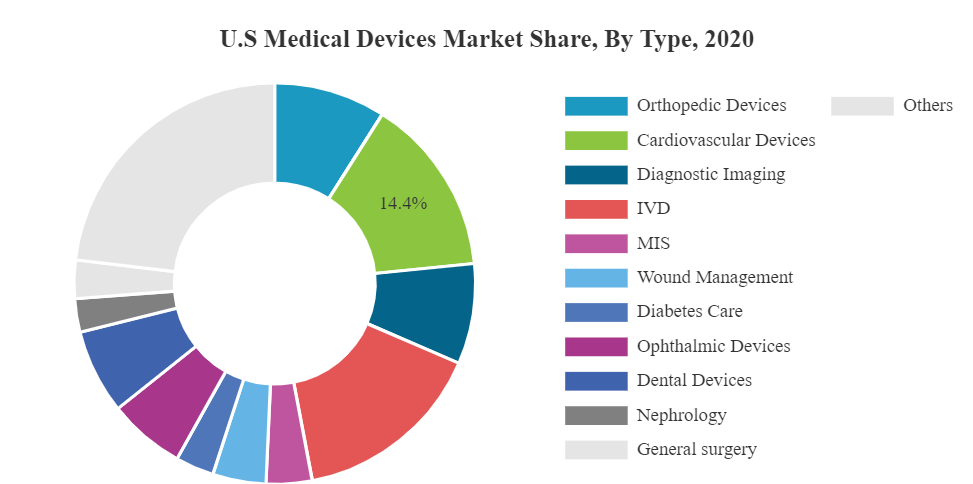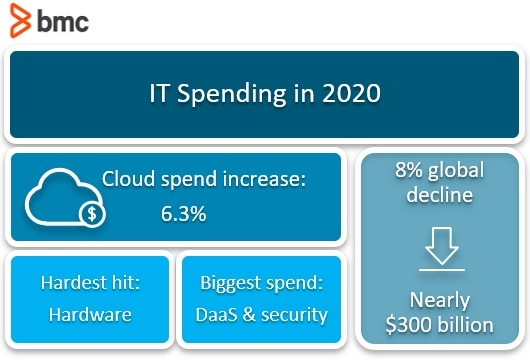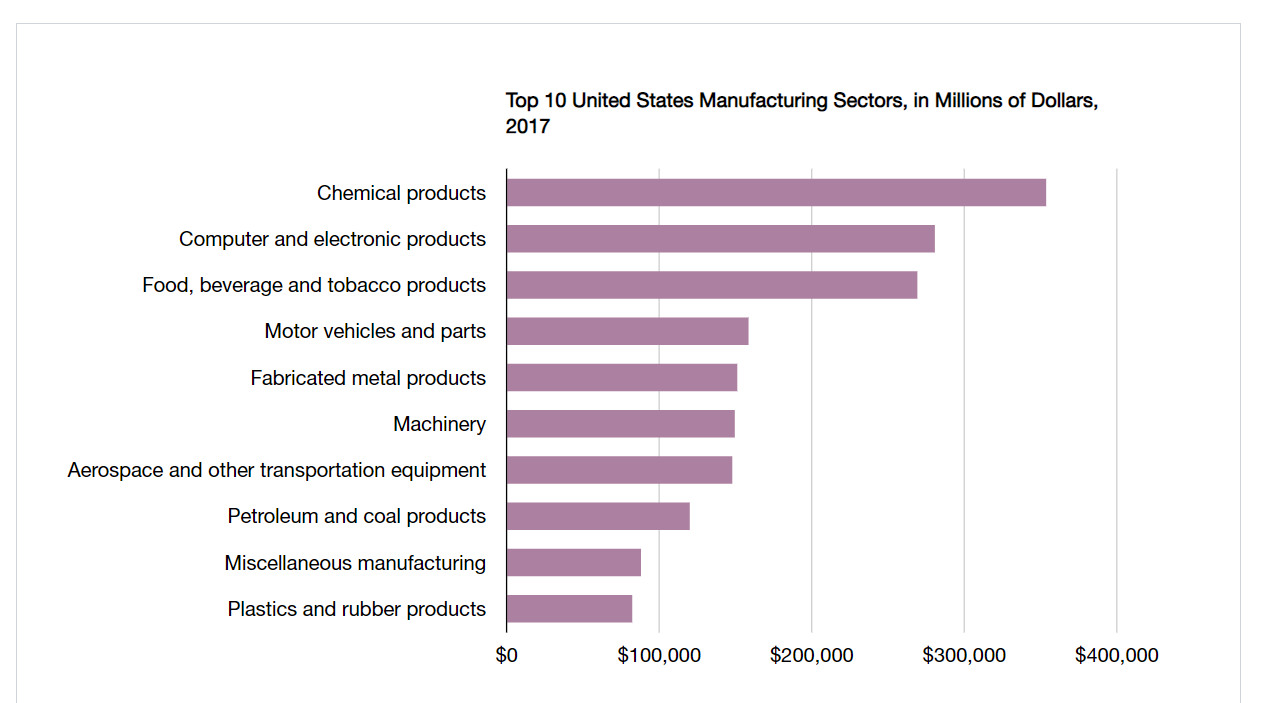Right from financial to the manufacturing sectors, many organizations can’t keep up with the customer expectations because of inefficient internal processes and systems. One of the such critical process is quote-to-cash process that needs reinvention.
Many of you must have wondered which sector can make most of the QTC optimization. In this blog, we are giving a data-driven overview of business vertical that can adopt QTC.
Clinical Trial
Clinical Trials are a kind of clinical research executed in people with an intention to assess behavioral, surgical, or medical intervention. The scientists use it to investigate a new medical device, drug, or a therapy to understand the efficiency. A clinical trial is used to assess whether a new therapy is more effective than the old one.
The scientists require to run laboratory tests first on animals to get the approval of the U.S. FDA.
If the research shows a favorable outcome, the FDA allows approval for the therapy to try on humans. Any clinical trial has four trial phases:
Phase I: Detect the best dosage of a fresh medication with the slightest side effects.
Phase II: Assess the safety along with the effectiveness of a medication.
Phase III: Compare a fresh medication to the standard-of-care medication.
Phase IV: Examine brand new drugs permitted by the FDA. It assesses the medication in several thousands of patients.
The clinical trial companies deal with a lot of stakeholders, including pharmaceuticals, hospitals, agencies, patients, academics, etc. every day. Hence, their sales cycles are long and complex. There are chances of errors as some processes are manual and redundant. It creates a need for streamlining and automating the Order-to-Cash or OTC process to make every stage in the sales cycle. Implementing and integrating QTC with us decreases your sales cycle, quoting errors, and brings transparency & visibility.
The global market for clinical trial size is expected to grow USD 69.5 billion by 2028 with a CAGR of 5.7% from 2021-28.
Medical Device Resellers
The medical devices industry is witnessing a negative impact because of the pandemic. There is a decline of 3.7% in the year 2020. Supply chain disruption is a major issue here. The global market for medical devices is predicted to grow from $455.34 to $657.98 billion in (2021 to 2028) at a CAGR of 5.4%.

This figure shows the market share of various medical devices in the US. The whole industry can be categorized into the following sub-sectors:
- Electro-medical equipment: Includes pacemakers, patient-monitoring systems, MRI machines, diagnostic imaging equipment (including informatics equipment), and ultrasonic scanning devices.
- Irradiation apparatuses: Includes X-ray devices, diagnostic imaging, computed tomography equipment, etc.
- Surgical and medical instruments: Includes anesthesia apparatuses, orthopedic instruments, blood transfusion devices, optical diagnostic apparatuses, syringes, hypodermic needles, and catheters.
- Surgical appliances and supplies: Comprises artificial joints & limbs, stents, orthopedic appliances, surgical dressings, disposable surgical drapes, hydrotherapy appliances, surgical kits, rubber medical and surgical gloves, and wheelchairs.
- Dental equipment and supplies: Includes equipment, supplies, and instruments used by dentists, dental hygienists, and laboratories. Other products are dental hand instruments, plaster, drills, amalgams, cements, sterilizers, and dental chairs.
The medical device resellers buy the equipments from the manufacturers to sell to hospitals & ASC’s and clinics. They need to create quotes for different customer segments. Sometimes, it’s become difficult to predict the revenues in a complex sales cycle where the OTC process is not optimized.
B2B SaaS Industry
The B2B SaaS industry is growing with the increasing IT spending. This industry is offering cost-effective solutions. Gartner predicted that the SaaS industry would create USD 105 billion in 2020 alone. The overall spending of SaaS is:

With the vast popularity of SaaS’s service model, the top software service providers like Microsoft, Salesforce, Adobe, Oracle, Sap, etc. are providing partnership to many small and medium-size companies to do custom development. The projection growth of B2B SaaS is USD 307.3 billion by the year 2026.
With such a market boom, the customer range is growing at a fast pace, hence the sales cycles are becoming longer and complicated. Right from quote creation till billing and revenue generation, optimizing the whole QTC process is the need of the hour in this industry.
Manufacturing Industry
The US manufacturing sector is responsible for 11.3% of the total output of the whole economy. Being a major contributor to the developed economy, the manufacturing sector comprises:

In any manufacturing company, the disintegrated data silos between the departments make it complicated to deliver quotes to the customers faster. Conventionally, the legal team owns the contract management and the finance team owns the revenue unit. Such separate departments use different stacks transferring customer data from inbox to CRM and ERP. If any quote gets stuck halfway, no one can track the progress. Hence, QTC implementation can solve these problems by integrating the whole process with automation deployment wherever it is needed.
Implement QTC with us for all these verticals
We at CommerceCX, are specialized in complex QTC implementation solutions for some of the big enterprises in the US and Europe region. Our experts provide multi-channel QTC solutions ensuring that every run right in your business including technologies and processes. As a part of our QTC implementation, we provide solutions on:
- Configure, price, quote (CPQ)
- Contract Lifecycle Management (CLM)
- Order-to-Cash
- Billing Management
Talk to our experts to streamline your QTC process.











